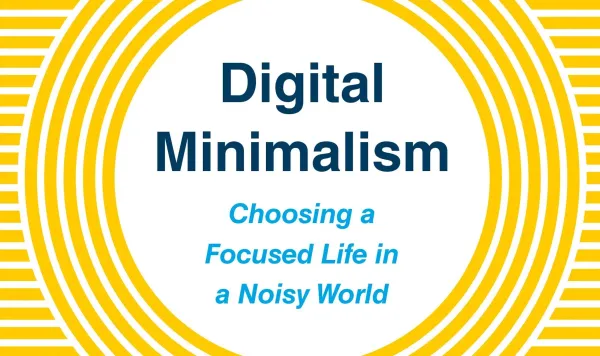I'm Going to Punch Somebody in the Face Today!
Rage is a part of us, but how do we handle it? In this personal reflection, I explore how understanding and acknowledging anger, rather than suppressing it, can lead to personal growth. Learn how to co-live with your rage and let it pass, one step at a time.

What a title, huh? But let’s be real—how many times have you felt that urge to hit someone in the face after they made a mistake on the road, overcharged you at a coffee shop, or forgot something from the supermarket? That frustration builds, and in moments like those, it feels like you want to take it out on someone.
I’m not going to lie—anger and even violence are parts of me. It’s like I’m sometimes waiting for someone to make a mistake, just so I have the "right" to be pissed off. Think about coming home to a sink full of dirty dishes and feeling like no one in the house appreciates your efforts or loves you. You get mad. That rage is inside you—and it’s inside me too—because, in many ways, we’re programmed like that.
And let me tell you something: It’s okay. Feeling angry is okay. Want to punch someone in the face? It’s okay too—well, not quite. Let me explain.
Understanding Why
For me, understanding why I feel this way has been key. Being an analytical person, I had to dig into the source of my rage. Shockingly (or maybe not), it’s tied to my history—specifically, bullying I endured from second to seventh grade. Or the subtle bullying from family, like being called “slow” or “fat” or “a nerd” because I studied all day.
The rage I feel when I drop something, or when I’m not "fast enough" to close a door, or when I lose my keys isn’t just anger at myself. It’s anger at the people who bullied me in my childhood. Working with my psychologist, I began to explore these moments in a safe environment. I imagined my father calling me slow, my sister making fun of me for being overweight, or the kids at school mocking me for being the "weird nerd." I realized the rage wasn’t directed at myself—it was aimed at those who made my childhood difficult, maybe without even realizing it.
It’s Part of Us
Whenever I got angry at school or home, I’d hear the same advice: “Stay calm. Don’t pay attention to it. Don’t put yourself in a position where you have to go to the principal’s office.” And the classic, “They’ll be losers as adults, and you’ll be a winner.” Even now, I still don’t understand how other people’s misfortune is supposed to make me feel better about myself.
What I’m realizing these days is that rage is part of me—just like it might be part of you. We often push it deep inside, but it doesn’t disappear. The truth is, it never really goes away.
The Role of Conscience
So, what keeps us from becoming violent or acting on those impulses? It’s our conscience. It reminds us that punching someone in the face is bad—it could land us in jail, or worse. Society teaches us to suppress violence, but the problem is that this can feel like inflating a balloon until it bursts. We push down our anger, but it builds up again until something like a vacation gives us temporary relief, and then the cycle repeats.
Co-Living with Rage
Interesting phrase, right? Co-living with rage. It’s not about suppressing it but acknowledging it. For me, the key is not to suppress the anger but to let it come, feel it, and let it pass. With professional help and mindfulness, I’m learning to accept it—sometimes crying through it—and then let it go.
Let me be clear: this rage isn’t going to vanish. It’s a part of me, just like it’s probably a part of you. The difference is in how we handle it. The goal isn’t to stop feeling angry—it’s to give that feeling its moment, acknowledge it, and then let it pass.
And if nothing else convinces you, just remember—punching people in the face isn’t exactly sustainable or healthy. Plus, it’s a felony, and it could cost you a fortune.
An Exercise for Those Moments
Next time you feel like you’re about to break something, stop. Find a quiet place to be alone, close your eyes, and take a deep breath in and out. Let the anger come. Pay attention to your body—are you tense? Is there pain? Is any sadness bubbling up that might make you cry? Does it remind you of a difficult chapter in your life? Let it come and cry if you need to.
Stay there as long as necessary. Right now, you are the priority. When the anger has passed, open your eyes and move forward with your day.
Conclusion
This is a deeply personal topic for me. Even now, it’s difficult to talk about, but I’ve made progress. I’m almost 40 and still working on being at peace with myself—and for myself.
Do you feel connected with this topic? How do you handle your anger? Leave a comment below or share with us in The Honest Growth Community on Slack.




